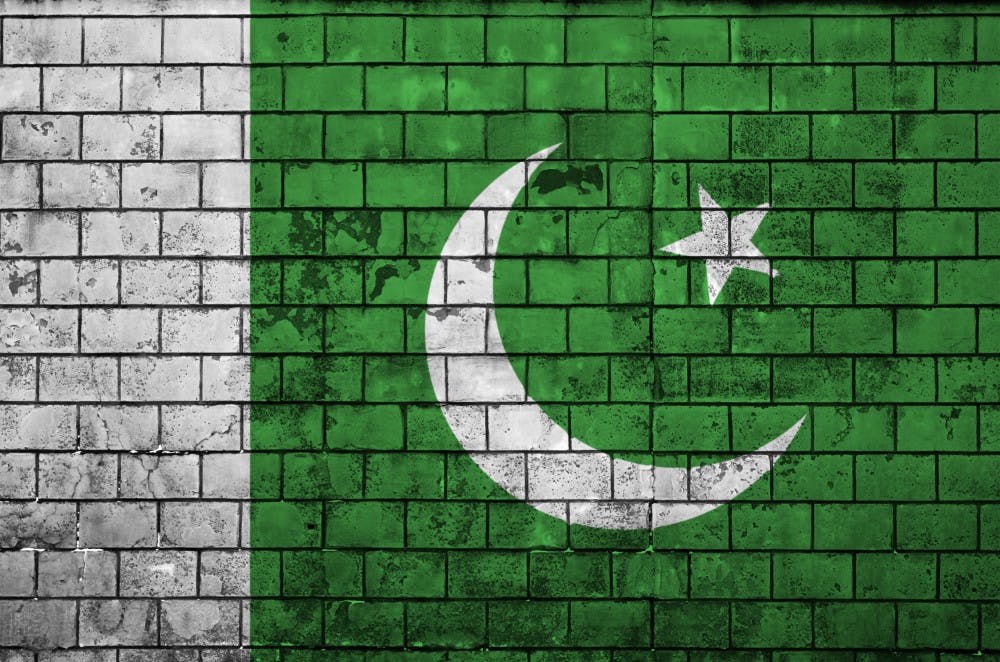By Anandita Mehta
Staff Writer
Six people were killed and more than 200 were injured after riot police were unable to maintain control of an angry mob, in Islamabad, the capital of Pakistan. The protests resulted in the deployment of a paramilitary group known as the Rangers to Islamabad, according to BBC.

The group behind the Nov. 25 and 26 protests, the Tehreek-i-Labaik Ya Rasool Allah party, were protesting for the resignation of Zahid Hamid, Pakistan’s Law Minister, the The Washington Post reported.
The Tehreek-i-Labaik is one of the ultra-religious groups that have recently become prominent in Pakistan, the Hindustan Times reported. The group has blocked access to Islamabad since Nov. 6.
The protests were caused by a change to the electoral oath that omitted a reference to the prophet Mohammed, according to The Washington Post. The move was seen as a blasphemous attempt to give power to the Ahmedis, a religious minority group.
Pakistan’s former Law Minister blamed the omission on a “clerical error,” BBC reported.
The Tehreek-i-Labaik focuses on reverence to Mohammed and support for strict anti-blasphemy laws, The Washington Post reported.
Khadim Hussain Rizvi, the group’s leader, has been known to raise a spirit of outrage against blasphemy in his sermons. Blasphemy is considered a capital crime in Pakistan, and accusations of such have led to mob lynchings and other violent acts, according to The New York Times.
In the deal struck between the Pakistani government and Rizvi’s group on Nov. 27, the government agreed to the terms of the group’s demands, including the release of detained protesters, an inquiry into the assault by riot police and public accounting of who was behind the law change being protested, according to The Washington Post.
In exchange, the group agreed to not issue an edict against Hamid, thus sparing him from a mob lynching. Rizvi also called off multiple protests, The New York Times reported.
BBC detailed the government’s efforts to conceal the protests, which included censoring reports on news and social media platforms.
Some Pakistani citizens are dissatisfied with the state’s apparent surrender to extremist military groups, according to The New York Times.
“A sad day when the state surrendered to the extremists. Now there is no stopping of those bigots,” wrote Twitter user @hidhussain on Nov. 27.







